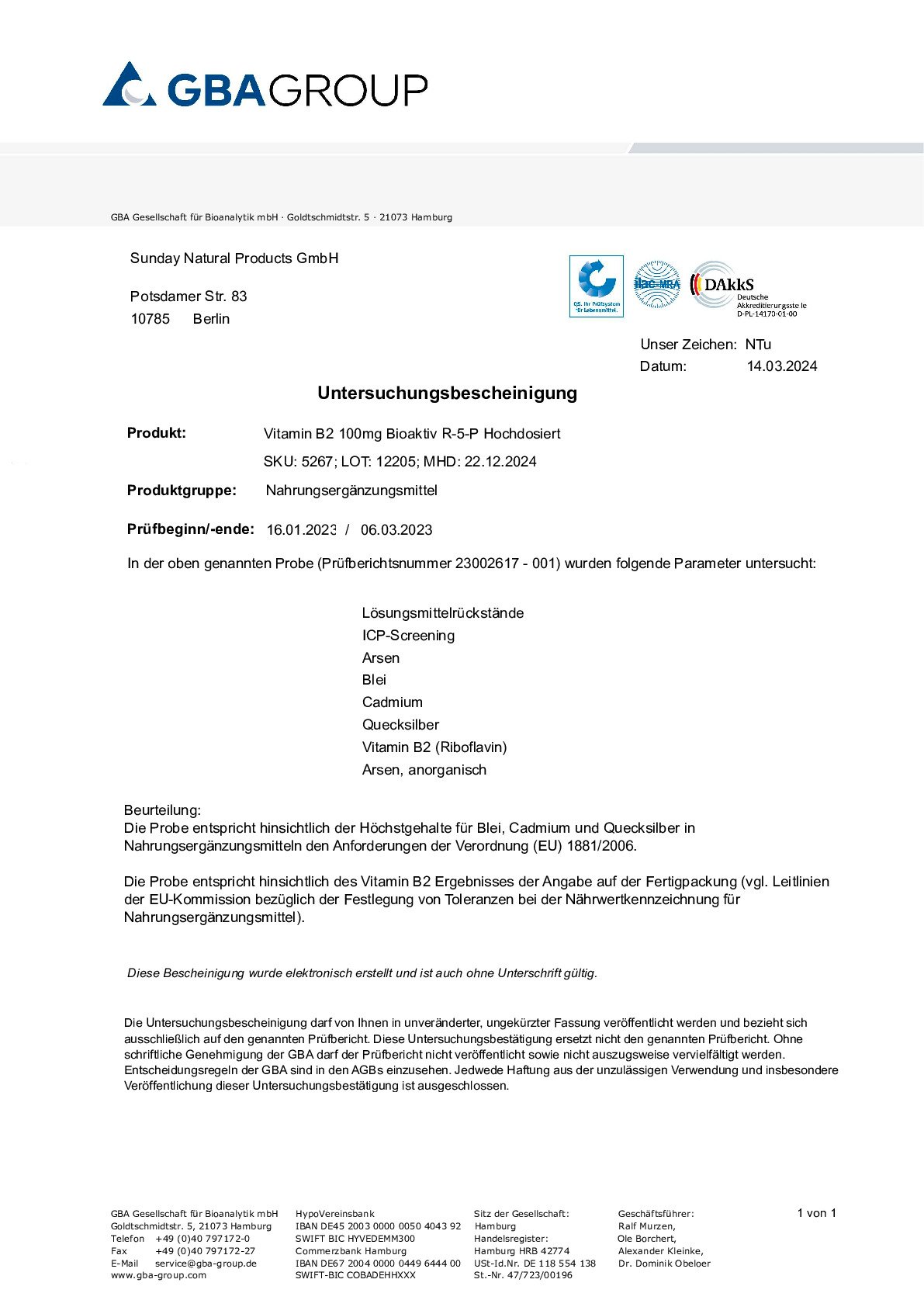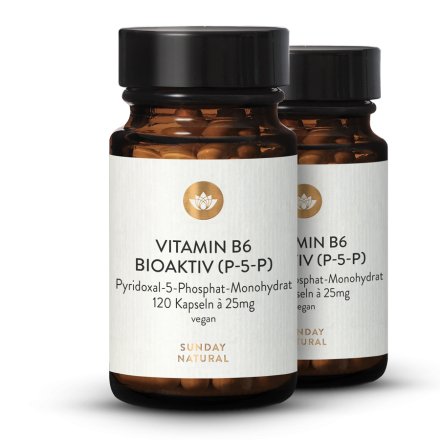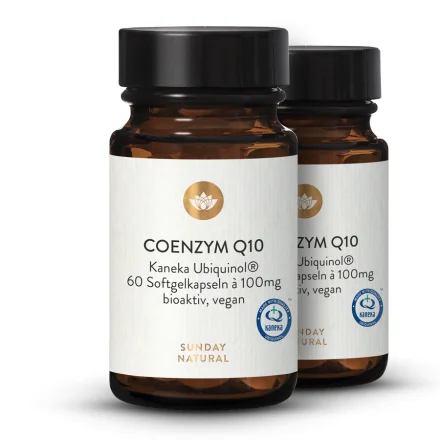Vitamin B2 (Riboflavin)
Vitamin B2 is a water-soluble vitamin which occurs in many forms: in the inactive, unbound form of riboflavin, in a protein-bonded form and in 2 bioactive coenzyme forms: flavin mononucleotide (FMN) and flavin adenine dinucleotide (FAD). Both of these latter forms are important enzyme cofactors that regulate numerous metabolic processes and play important roles in many body functions including energy prduction, growth, embryonic development and the protection of nerve cells.
Natural sources of vitamin B2 include dairy products, eggs and meat. Grain, fruits and vegetables contain only small amounts of B2, and plant-based B2 is less bioavailable.
According to the European Food Safety Authority (EFSA):
Vitamin B2 contributes to:
- Normal energy metabolism
- Normal functioning of the nervous system
- Maintaining normal mucous membranes
- Maintaining normal red blood cells
- Maintaining normal skin
- Maintaining normal vision
- Normal iron metabolism
- Protecting cells against oxidative stress
- Reducing tiredness and fatigue





























